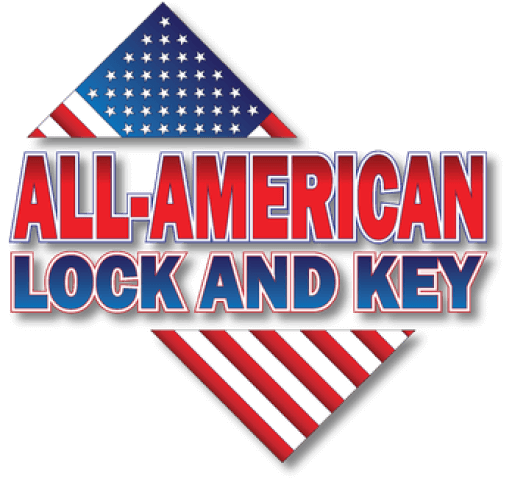
FAQ
Q: How is a lock re-keyed?
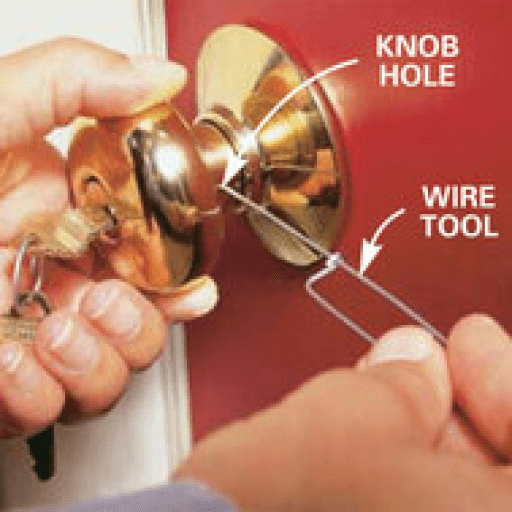
Step 1
Photo 1: First we remove the knob by inserting a wire tool into the knob hole and depress the knob's retaining clip. Pull the knob off the door. Deadbolts are completely removed from the door and re-installed once re-keyed.
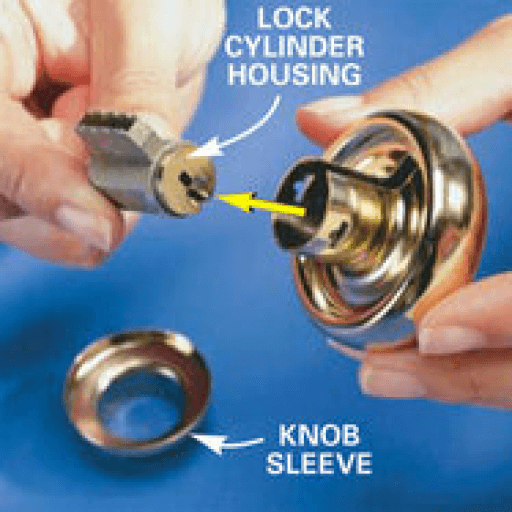
Step 2
Photo 2: Remove the lock cylinder by removing the collar and then pushing the lock cylinder out the back of the knob assembly.
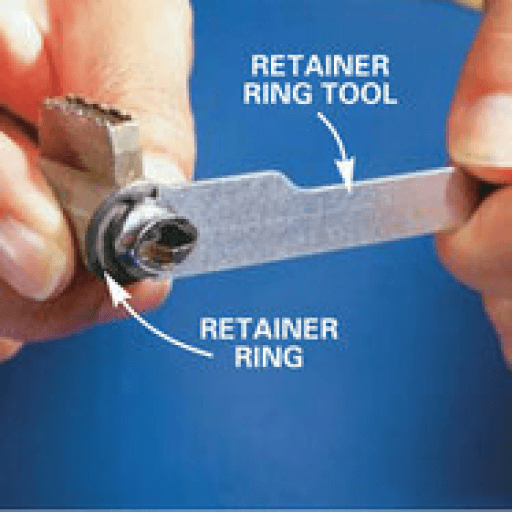
Step 3
Photo 3: We want to remove the retainer ring that holds the cylinder plug by pushing the retainer ring tool against the retainer ring to pop it off the cylinder. Deadbolts and commercial levers have a cylinder cap that is removed instead.
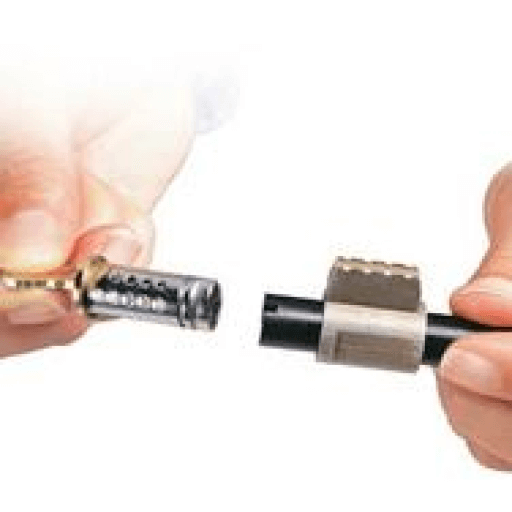
Step 4
Photo 4: We remove the cylinder plug from the cylinder by inserting the old key and pushing it out with a special follower. We remove the plug by pushing the plug follower through the cylinder casing. Then we dump out the old pins, insert the new key, and re-pin the lock to our fresh new key*.
Simple, it’s your stuff inside! Ask them when was the last time the locks were changed? How trustworthy is your landlord? If you don’t know the answer, then your possessions or your company’s possessions are potentially at risk. In an effort to save money, some property management companies simply swap the locks from one unit to another instead of having them properly re-keyed. An angry former tenant with some time to kill could simply try his old key in every door of the complex until he finds one that works. If you are renting, and would like to have the locks re-keyed, we must require either written or verbal permission from your landlord or property management company to do so. The reason is that there may be a master key involved (used mostly to gain access for maintenance reasons or inspections) and the locks will need to be keyed along with their existing master key. Plus, they may also have a maintenance person that may do this for you and not allow us to change anything on the property.
Re-keying means replacing the pins in an existing lock so that only the new keys can open it and the old keys no longer work. Many people, who continue to use the same key that they received when they bought their home, have no idea of how many people such as tradesmen, neighbors, and friends, who are no longer relevant, have had access to that key. Most any locksmith can re-key your locks and give you the security of knowing that only you and the people you trust will have access to your home. Lost your keys? Relax, most locks can be picked or shimmed open to determine what the old key cuts are (even the newer Kwikset SmartKey locks), and then the rekeying process can go forward.
Master keying enables two or more different and distinct key combinations to open one lock. One combination may regulate access to a specific zone while the master key can access all zones. Master keys are usually established in buildings such as hospitals, office buildings and rental properties. Own your own business? It’s even possible to master key your home and your business so that one key opens them all.
A skilled professional locksmith brings experience and knowledge and we are better prepared to solve security issues for your unique situation. A professional locksmith can recommend state-of-the-art products, provide repairs and maintenance and give you or your business a more effective solution in a timely and efficient manner. Plus, so many stories have been told about the damages caused by police and firemen, tow truck drivers, and even friends who tell you “I’ve done this numerous times before” or “I can fix that for you easy”. And remember, the State of Iowa does not require a locksmith to be licensed. Make sure that you hire someone with great reviews and who is bonded and insured to keep you protected from those scam artists who just take your money, charge outrageous fees, and can’t back up their so called work (see article on the bottom of my Home page)
As keys age over time, the cuts of the key tend to “wear” down causing your keys to stick or forcing you to jiggle or wiggle the key in the lock to make it work. Most likely the keys you were given have been “copied” several times. The more a key gets copied (especially from another copy), the worse it will become. Plus, most hardware stores (even the big names like Lowes, Menards, True Value, Walmart, etc…) do not calibrate their duplicating machines as often as they should. Sometimes it hasn’t been calibrated for several years, if at all. Plus, retailers are now going to vending machines like Minute Key or similar brands to save having to pay someone to do it properly. If the machine is off, no one ever knows and it never gets aligned or calibrated. That’s why so many keys from these “vending machines” never work. Now you have to go waste time and gas to find someone to do it right. Our key machines are calibrated every month so you can assure yourself that our keys work every time. Remember, making a copy of a bad key will not fix the problem. The other issues that might cause this are older locks have so much wear on the plug over time the pins no longer line up with the shear line, hence you have to move the key up or down to get things to line up.
We can take all major credit cards, Apple and Google Pay, cash, and checks**. We have partnered with EMS+ to be able to process credit cards, including the newer chip cards right there on site for your convenience*. We can also provide billing for commercial customers***.








